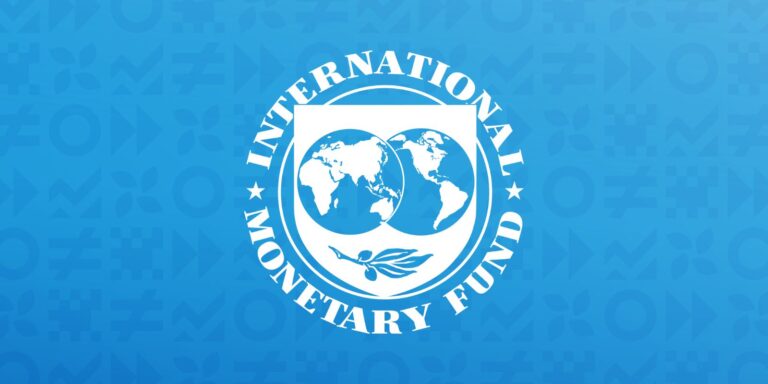By Atoyebi Nike
Economists at the International Monetary Fund (IMF) have attributed Nigeria’s rising borrowing costs to weak governance, poor macroeconomic management, and institutional inefficiencies, warning that the increasing use of syndicated loans poses additional fiscal risks.
Speaking at an analytical session on “A Panorama of the External Financing Landscape in Sub-Saharan Africa” at the 2025 IMF–World Bank Annual Meetings in Washington DC, IMF economists Can Sever and Thibault Lemarie said domestic vulnerabilities, rather than unfair treatment by global markets, are driving higher debt costs across Sub-Saharan Africa (SSA).
Lemarie noted that once governance, macroeconomic fundamentals, and financial risks are accounted for, the spread between SSA and other developing economies “essentially disappears.” He stressed that better fiscal credibility and institutional reforms are crucial to lowering borrowing costs.
“By closing the governance gap with other developing regions, SSA countries can reduce borrowing costs and create fiscal space for development spending,” Lemarie said.
IMF data show SSA governments raised about $40 billion through Eurobonds between 2020 and 2024, while syndicated loans reached $170 billion over two decades. Yields on new Eurobond issues have climbed from 6.5% to 9.5% in recent years, driven by weak fiscal frameworks and governance gaps.
Sever added, “When we control for domestic risks and governance, there’s no systematic bias against Africa. Governance matters and it matters a lot.”
The IMF warned that syndicated loans, which have doubled from $6 billion to $13 billion annually since the pandemic, are less transparent and harder to track, posing governance risks. Excessive domestic borrowing also threatens to crowd out private credit and increase systemic vulnerabilities.
“Governance is not just morally right, it’s fiscally smart,” Lemarie concluded, calling for stronger institutions, transparency, and rule of law to improve market access and stabilize borrowing costs.
